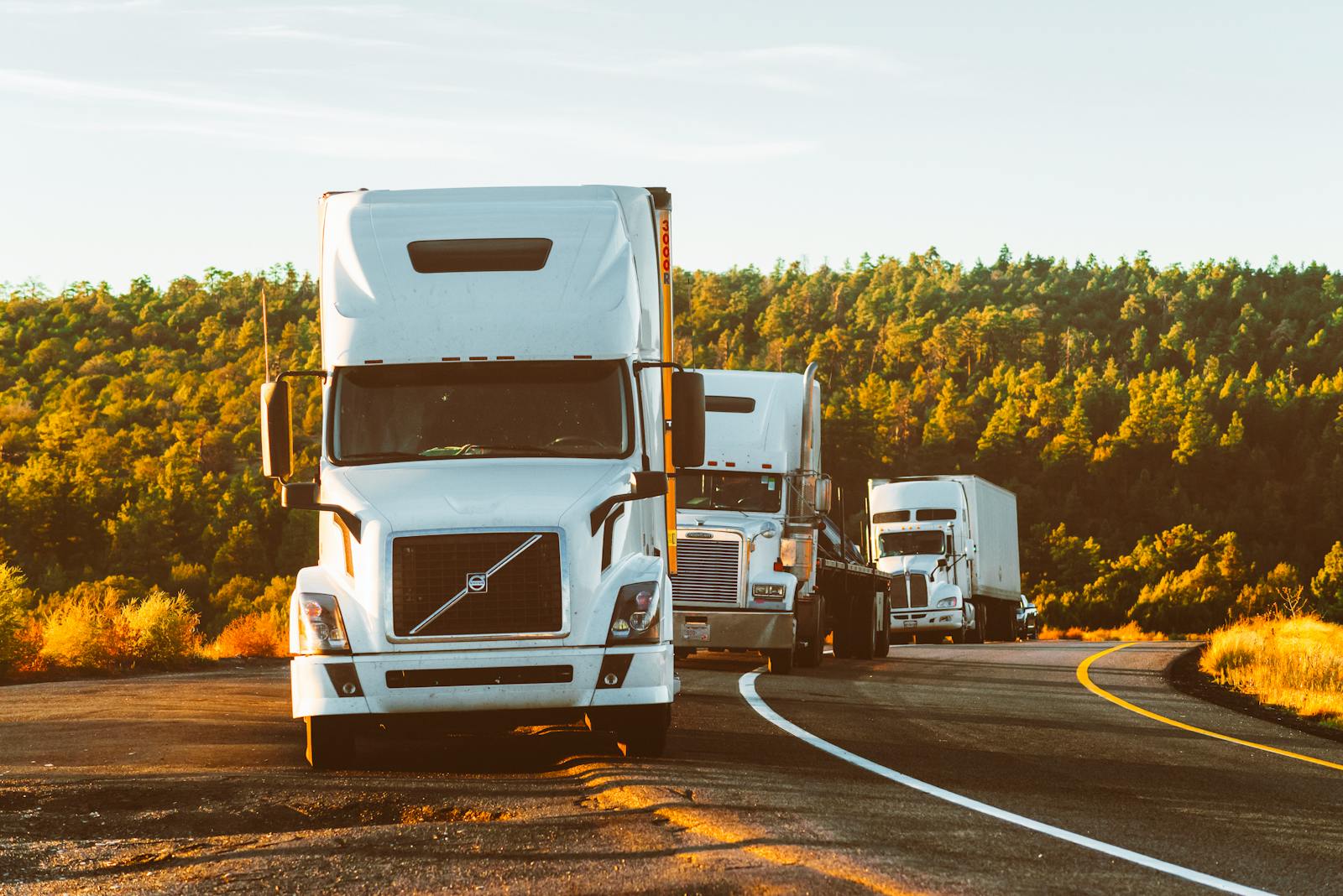Trucking Insurance in Sumter, SC
Working in the trucking industry requires you and your employees to be mindful of many risks and exposures. Like all motor vehicles, trucks bear inherent danger, but given their size and potentially heavy cargo, businesses in this industry may need to be especially careful. Without appropriate risk management and loss control measures in place, your company could face devastating consequences after even a single accident. Understanding trucking insurance is essential.
How Does Trucking Insurance Work?
While trucking insurance may include many familiar components as standard auto insurance, your business’s unique circumstances may dictate a need for various enhancements. You and your carrier can often work together to tailor your policy to suit a variety of vehicles, including semis, tow trucks, dump trucks and tractor trailers.
After making coverage selections, you’ll be responsible for keeping up with regular payments, also known as premiums. Doing so maintains your coverage and retains you the right to file a claim for financial assistance following covered losses. If approved, your payouts may provide financial aid up to your policy limits and minus your deductible.
Specifically, your trucking insurance policy may include the following components: 
- Property damage liability coverage can help pay for third-party losses if your business is at fault for an accident.
- Bodily injury liability coverage may assist with other parties’ medical bills and losses following an accident for which you or your employees are responsible.
- Collision coverage can help pay to repair or replace your trucks following a crash, regardless of who was at fault.
- Comprehensive coverage can render aid for damage to your vehicles caused by incidents other than crashes, such as fires, vandalism and severe weather.
- Uninsured/underinsured motorist coverage may ensure your company can recoup its losses following an accident, even if a party lacking sufficient insurance is at fault.
- Cargo coverage can help financially protect materials and goods you’re hauling in your business’s trucks, including from accidents and theft.
How Much Does Coverage Cost?
The following criteria may often influence trucking insurance rates:
- Location
- Types of trucks
- Cargo details
- Operating radius
- Insured drivers’ records
- Claims history
- Coverage limits
- Endorsements
- Deductibles
Is Insurance Required in South Carolina?
Yes, trucking companies are legally required to carry insurance in South Carolina. State law mandates coverage for third-party liabilities and additional requirements may also apply depending on your operational details. Additionally, if you’ve purchased your trucks with the assistance of lenders, they’ll likely impose their own insurance-related requirements as long as loans remain outstanding.
Get the Right Coverage
Contact Gamecock Insurance Agency today to learn more about trucking coverage or compare personalized quotes for policies tailored to your business.
